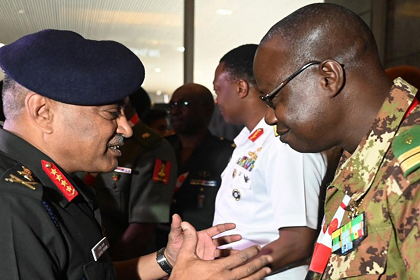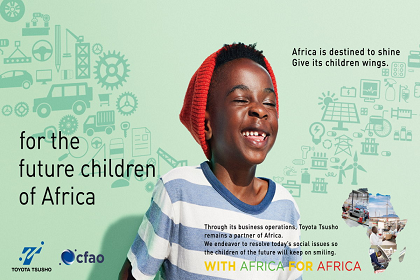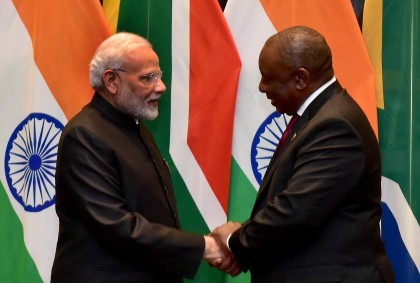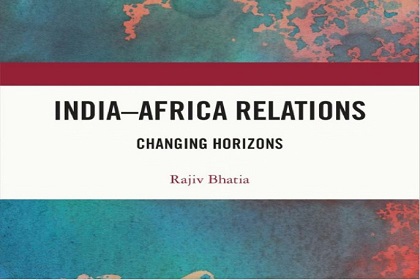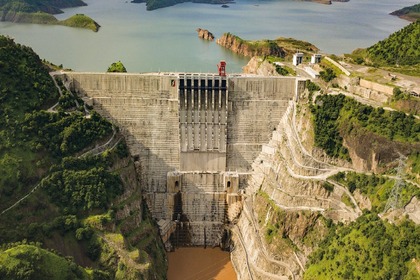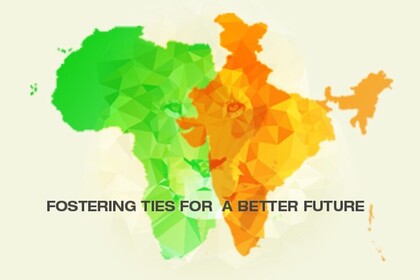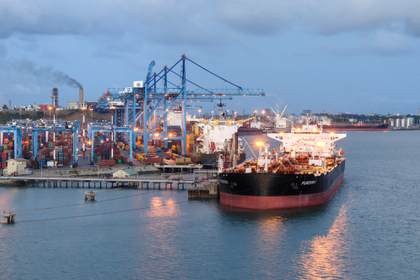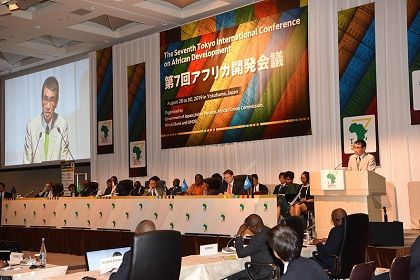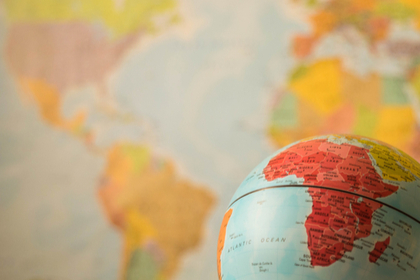Leveraging an Africa in transition
India’s rise as a global player is linked to the kind of relationship it enjoys with African countries, especially as the latter is undergoing demographic, political, and socioeconomic transitions. A new report on the India-Africa partnership recommends a resilient ‘Africa policy’ that will collectively enhance diplomatic, defense, cultural, and developmental collaboration between the two countries.

